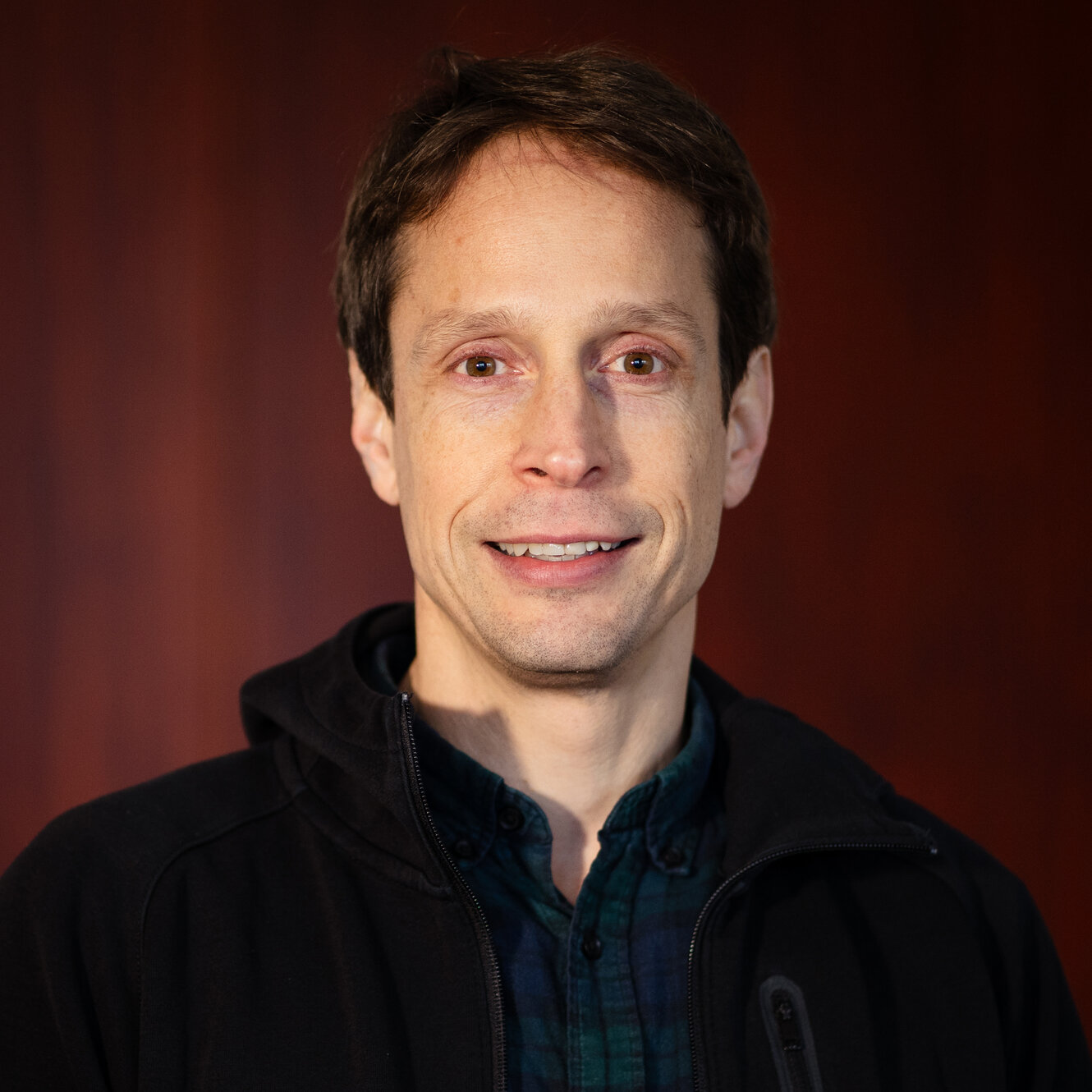Prof. Dr. Manuel Völkle

The Psychological Research Methods Group deals with the development and adaptation of new assessment procedures, the statistical-mathematical modeling of psychological processes, the design of studies, as well as the analysis and interpretation of empirical-psychological data. In short, the group develops the 'tools' for describing, explaining, predicting, and possibly modifying, human experience and behavior.
The group has special expertise in the analysis of longitudinal data for both large panel data sets (large sample, few measurement times) and ambulatory assessment data (small sample, many measurement times). The group made various contributions to the advancement and dissemination of continuous time dynamic models.
A second focus is research on the so-called 'ergodicity' problem, that is, essentially the question to what extent findings at group level can be transferred to individuals and vice versa.
A third focus is on causal inference with observational data and evaluation research. They use frequentist and Bayesian methods for confirmatory modeling as well as methods from the field of data mining and machine learning. Methodological research in the Voelkle Group often forms the basis for applications and methodological developments in other areas.
- Continuous Time Dynamic Modeling
- Structural Equation Modeling
- Mixed Modeling
Current position
| 2015 - present | Full Professor of Psychological Research Methods at the Humboldt-Universität zu Berlin (DE) |
Academic Education
| 2008 | Doctoral Degree in Psychology at the Univeristät Mannheim (DE) |
| 2004 | Diploma in Psychology at the Univeristät Mannheim (DE) |
DFG-funded projects
| 2023 - present | DFG Research Grant - “Definition and estimation of causal effects in latent state trait models (CaST)” |
| 2015 - 2020 | DFG Research Grant - “The Role of Affective Flexibility in Human Development and its Contribution to Long-Term Developmental Adaptation” |
| 2012 - 2019 | DFG Research Grant - “Development of intra-subject variability of processing speed” |